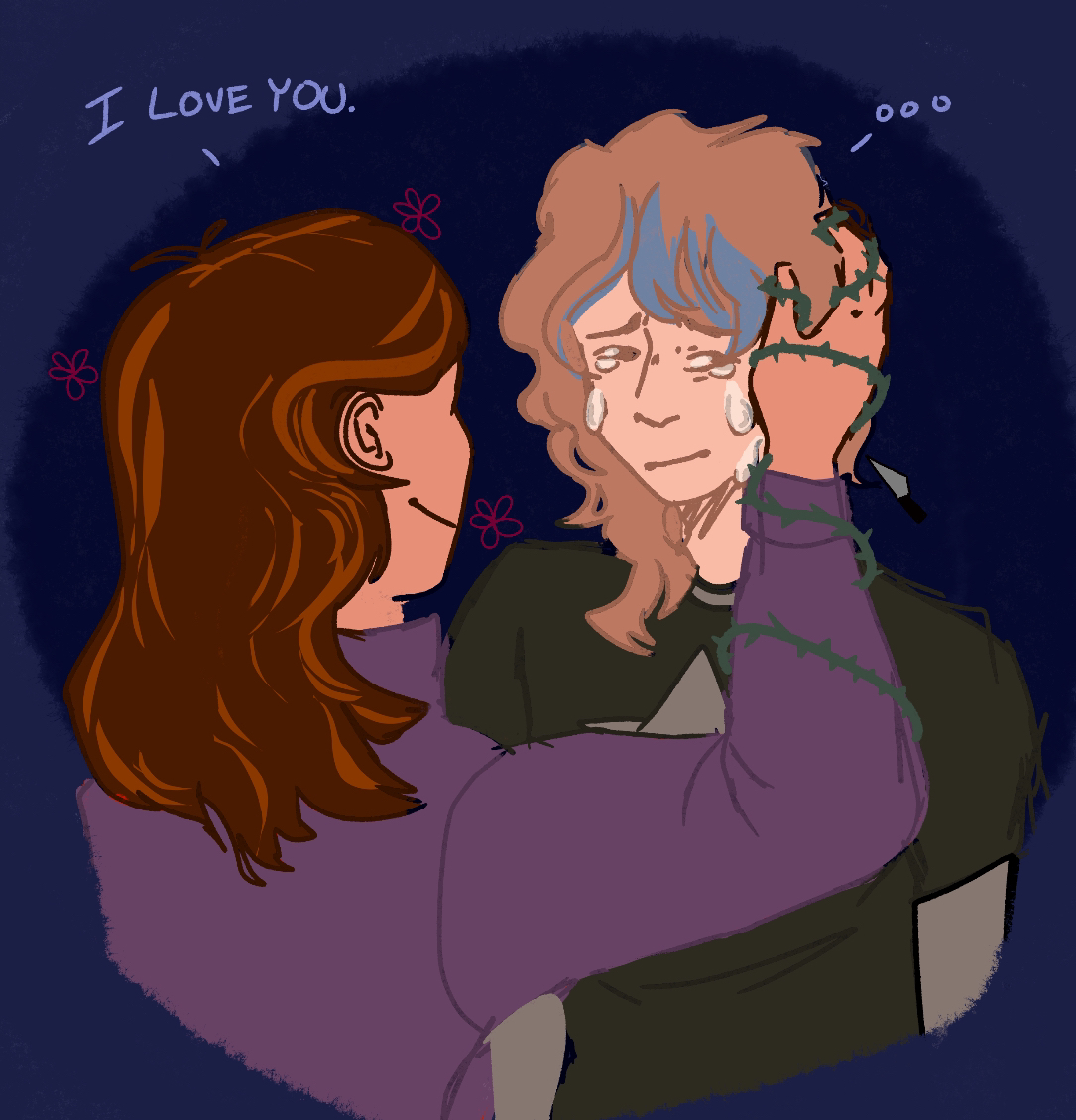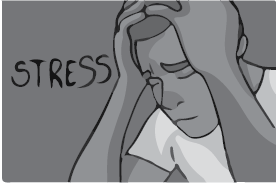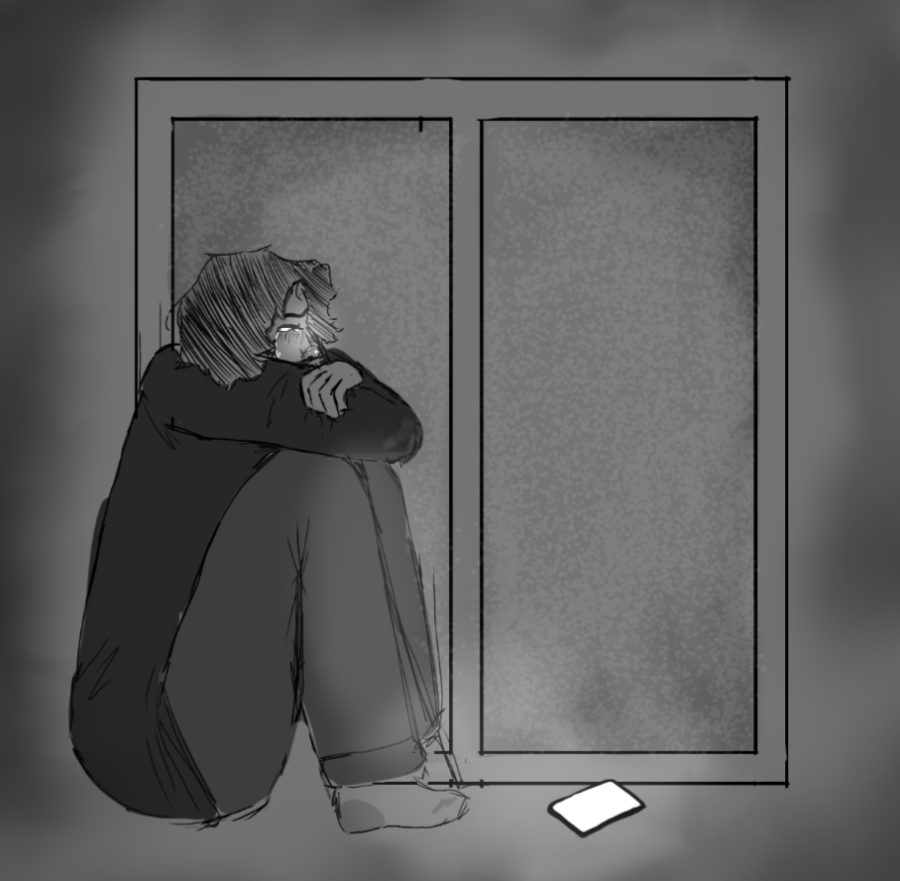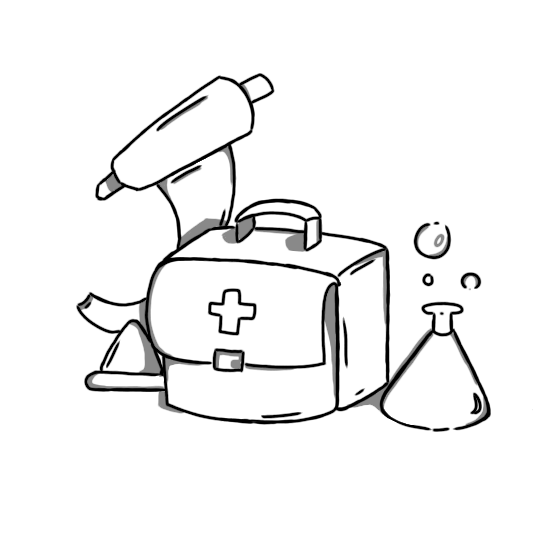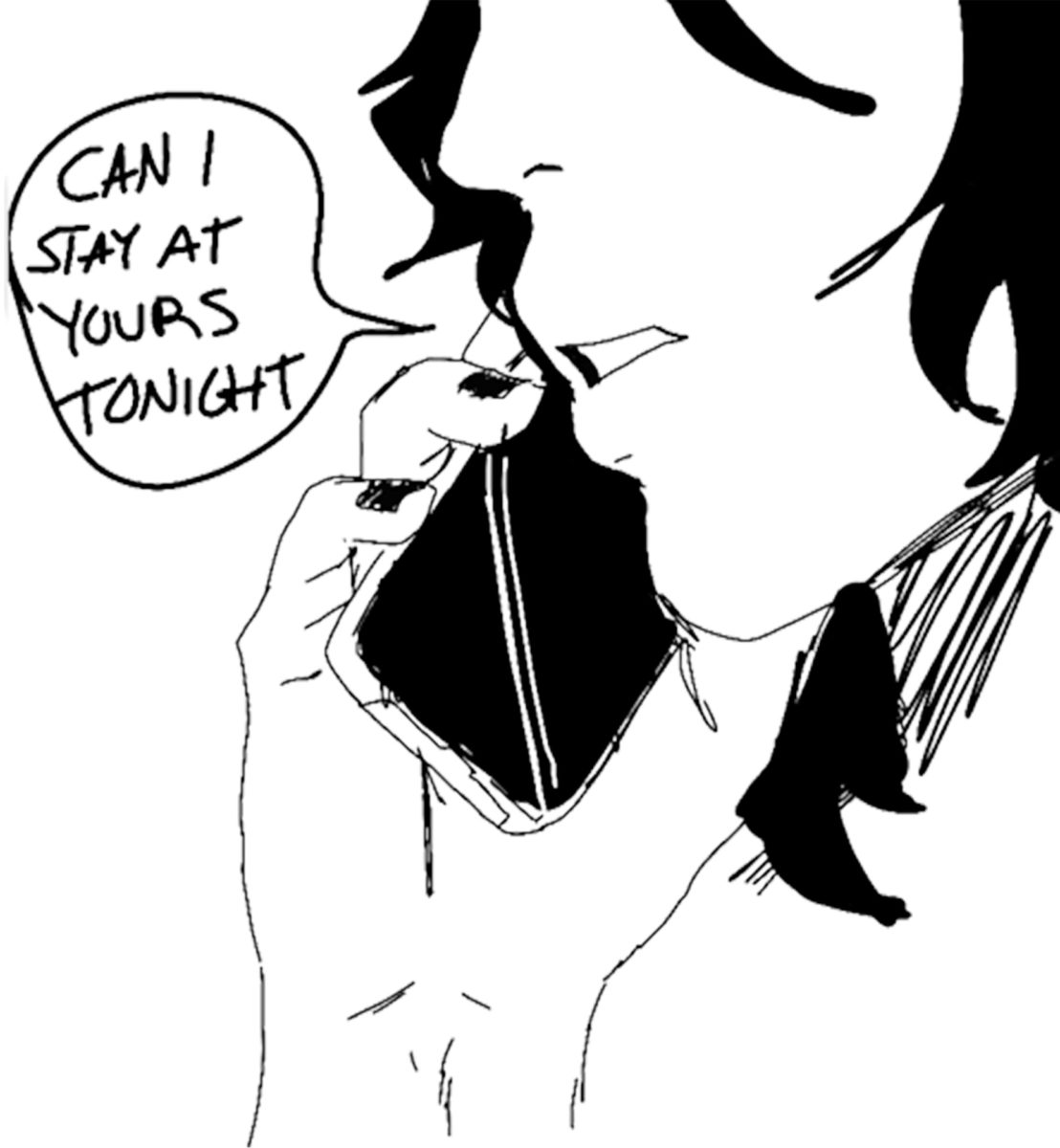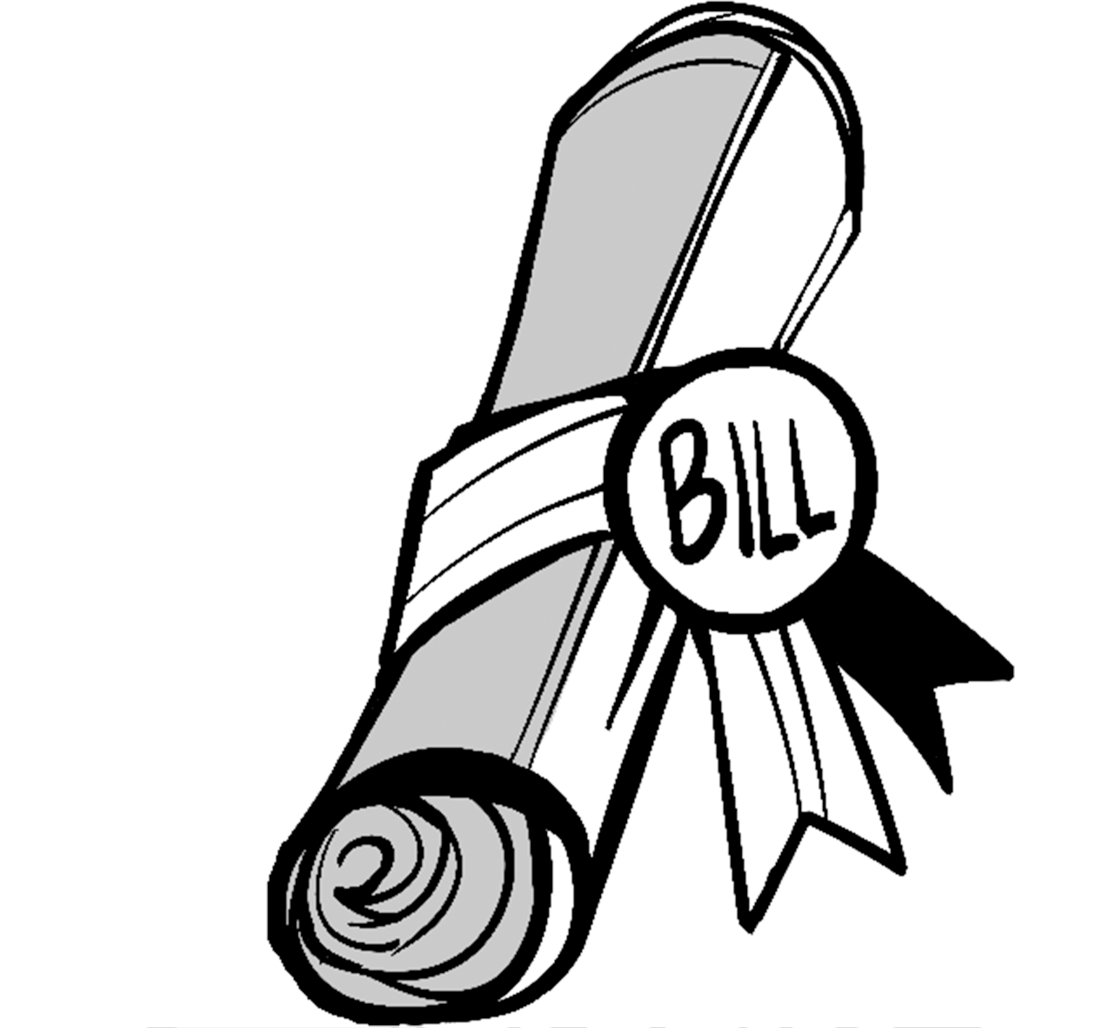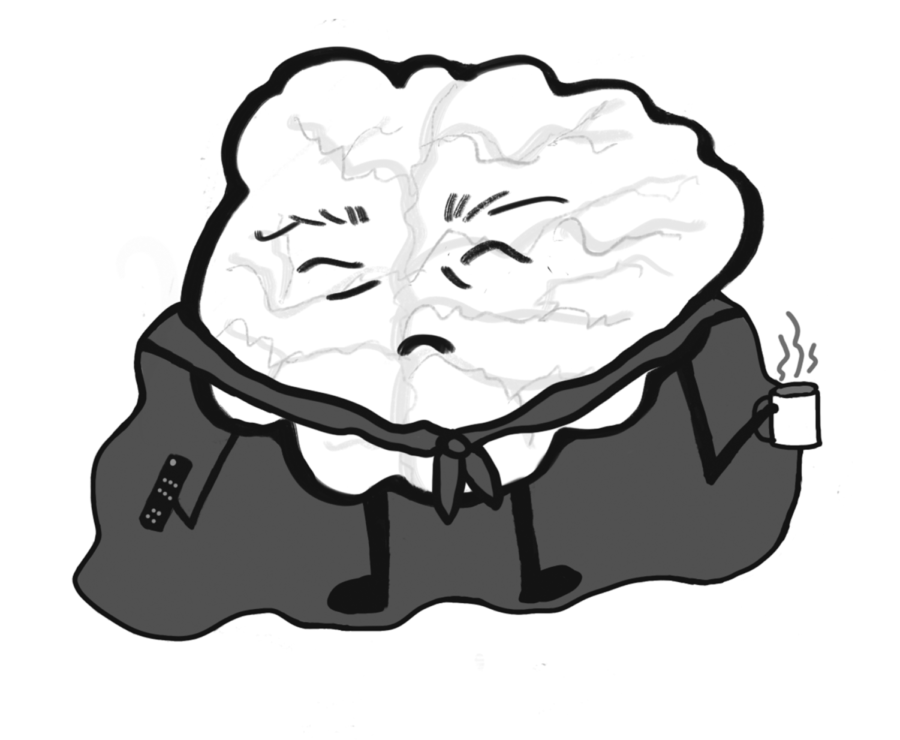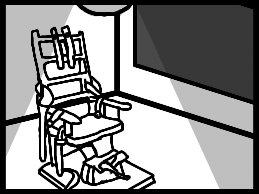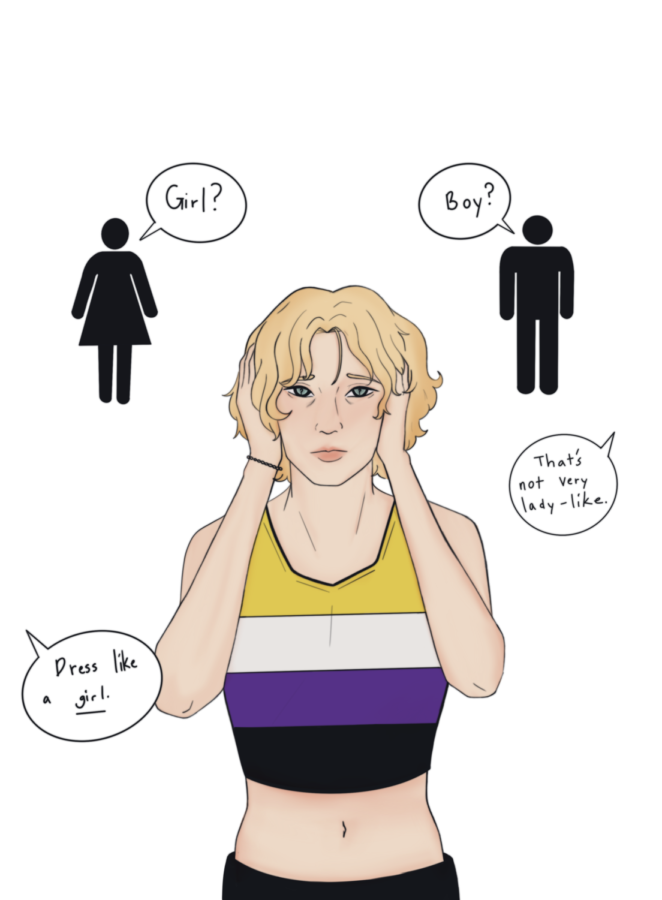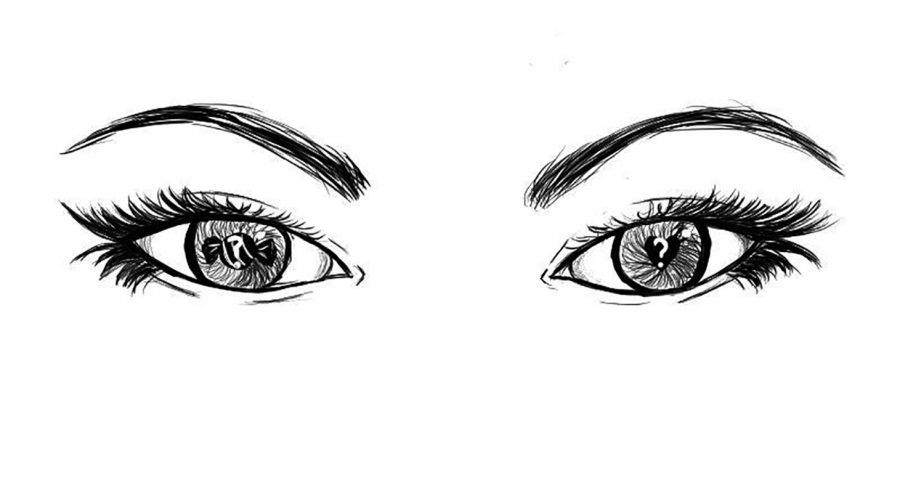There is a difference between eating disorders and healthy dieting, but the line between the two can sometimes get blurred.
Keep in mind that dieting does not mean eating disorder and not all eating disorders mean losing extreme amounts of weight.
The causes of eating disorders vary from past experiences to a bad body image due to the media’s portrayal of a “perfect body.” Eating disorders started as something mainly affecting teen girls but, “It has become a lot bigger of a problem affecting not only the expected groups of people but now affecting little girls and even men,” nutritionist Laura K. Hunter said.
There are about 317.5 million people in the United States and of them 24 million suffer from an eating disorder. Of the women in America, just 5 percent have the body type portrayed as ideal (thin, small and curvy).
In a recent survey, 81 percent of 10-year-old girls said they were afraid of being fat and 42 percent of first to third grade girls said they wanted to be thinner than they already were, according to the National Association of Anorexia Nervosa and Associated Disorders (NANAD).
Treating eating disorders, such as Anorexia, Bulimia, and Binge Eating Disorder can take from a couple months to 10 years, depending on the patient’s emotional state of mind.
People usually assume that eating disorders can only affect a person’s current health, but eating disorders can cause infertility and diabetes in both men and women down the road.
The NANAD also states that the mortality rate associated with Anorexia Nervosa is 12 times more than that of other causes of death for females aged 15-24.
Dieting isn’t something growing teenagers should be concerned about, but if they do decide to go on a diet, whether it is to lose weight, gain weight for health reasons or just to make them happy, teens should talk to their doctors about how to go on a healthy diet.
Losing weight through dieting is usually healthily achieved through watching proportions, cutting out unhealthy foods and exercising regularly. This is different from anorexia, short for Anorexia Nervosa, which is frequently skipping meals, eating only specific foods and consuming dangerously low amounts of calories.
If you skip an occasional meal or count calories that does not mean you are anorexic.
Something most teens can relate to is going home and eating large amounts of food because they’re hungry after a long day, but this is not the same as having Binge Eating Disorder, which is eating large amounts of food rapidly, and not being able to control how much you consume or what you consume.
Keep in mind that there is more than one way to treat an eating disorder and treatments vary depending on who you go to for help.
“I treat my patients differently than someone else might. My patients go through daily counseling sessions to talk about how they feel about food and how they’re doing psychologically and how they feel about themselves,” Hunter said.
If you or someone you know is being affected by an eating disorder you should get help immediately, by talking to a school counselor, a doctor or a parent.

